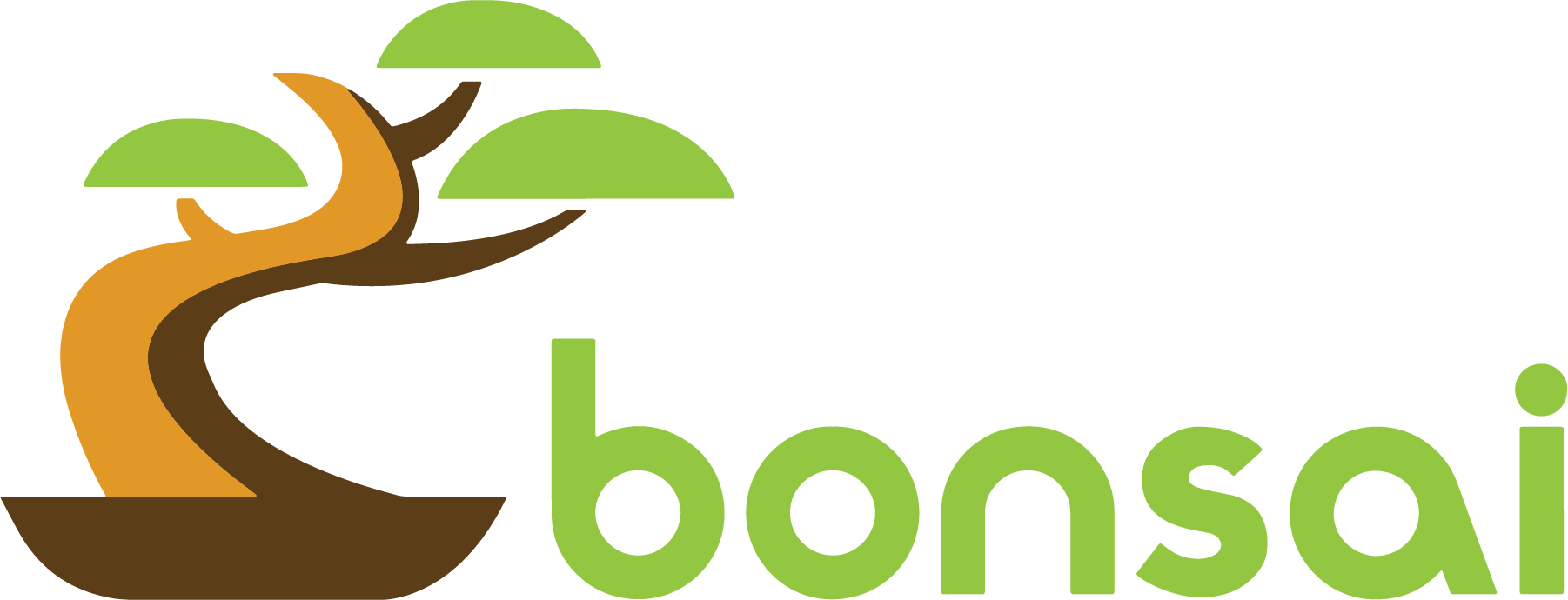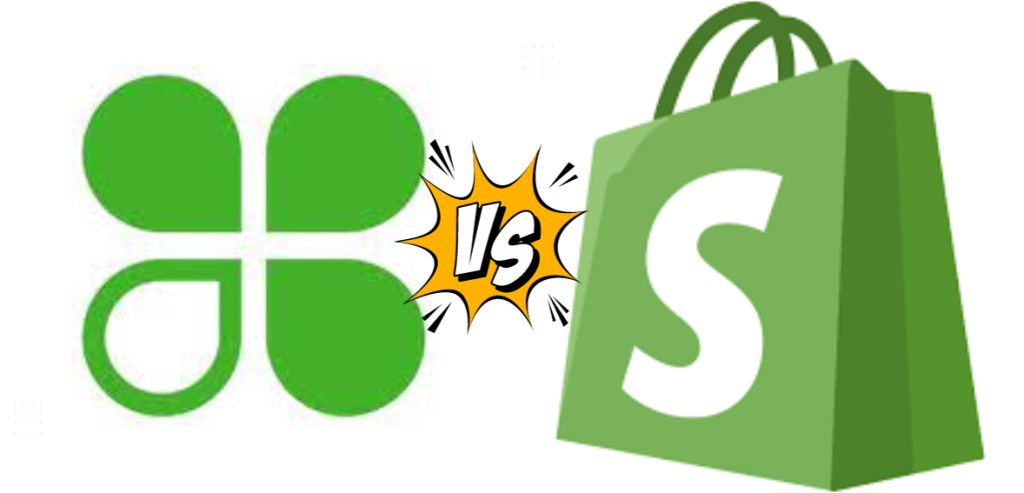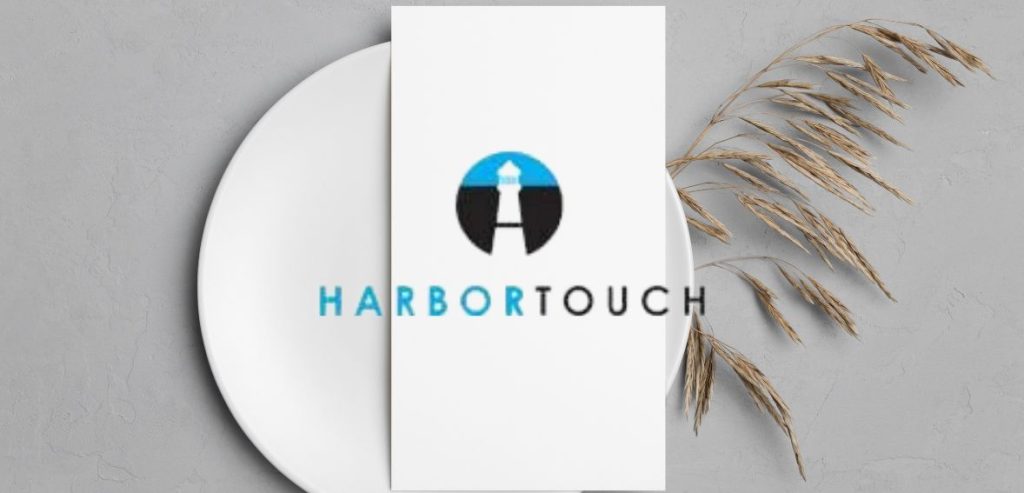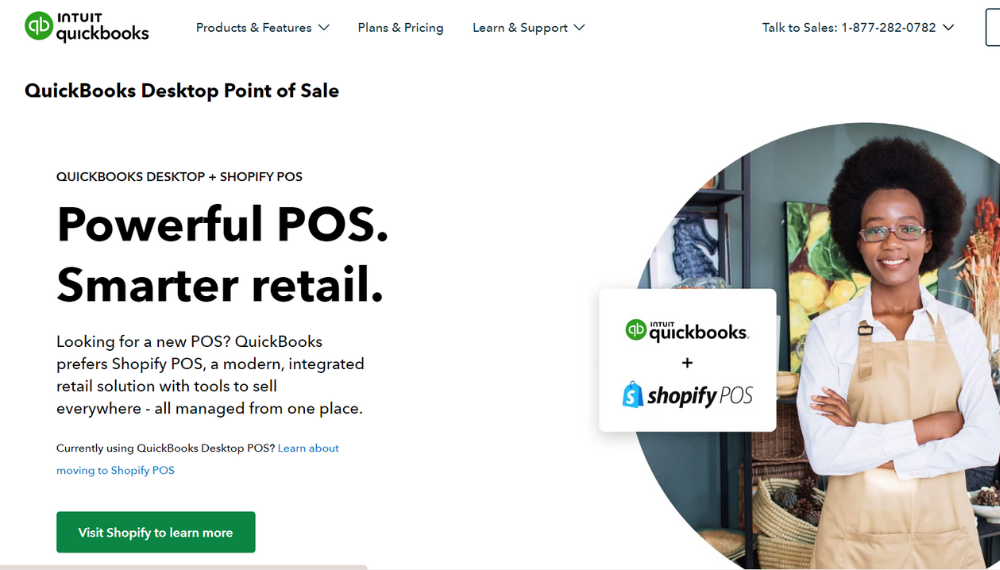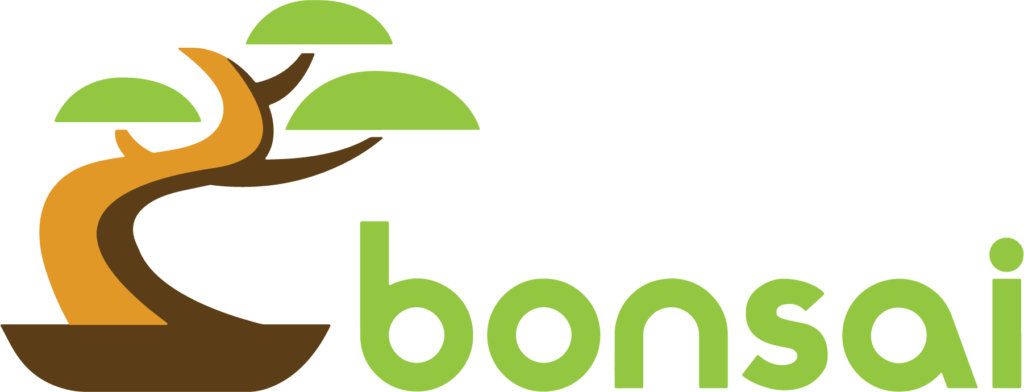How Much Does a POS System Cost? Avoid Hidden Fees for Your Business
Max
March 2, 2023
POS System
How Much Does a POS System Cost? Avoid Hidden Fees for Your Business
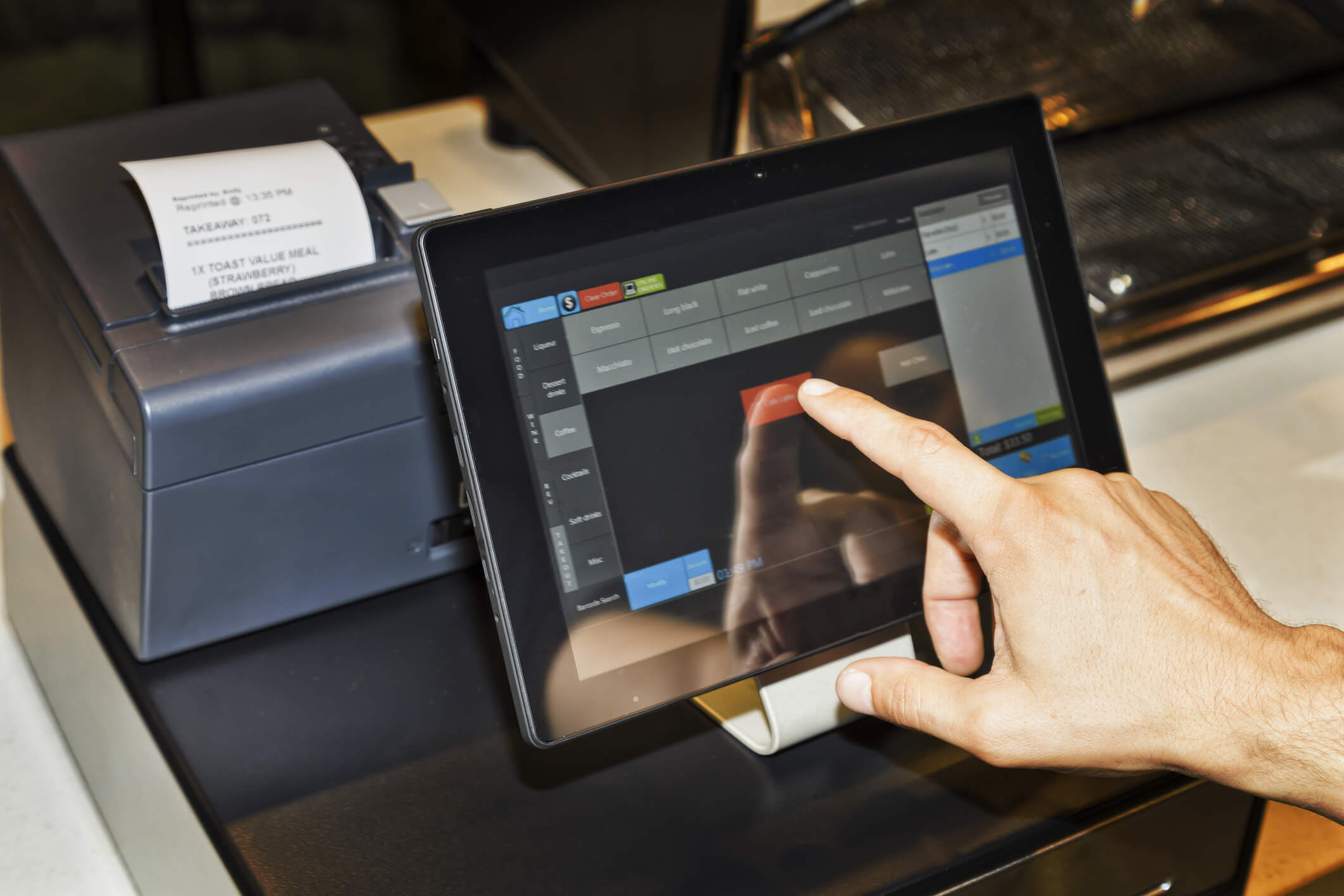
Tag Post :
Share This :
Categories
Grow Your Business Today
Lorem ipsum dolor sit amet, consectetur adipiscing elit, sed do eiusmod tempor incididunt ut labore et dolore
